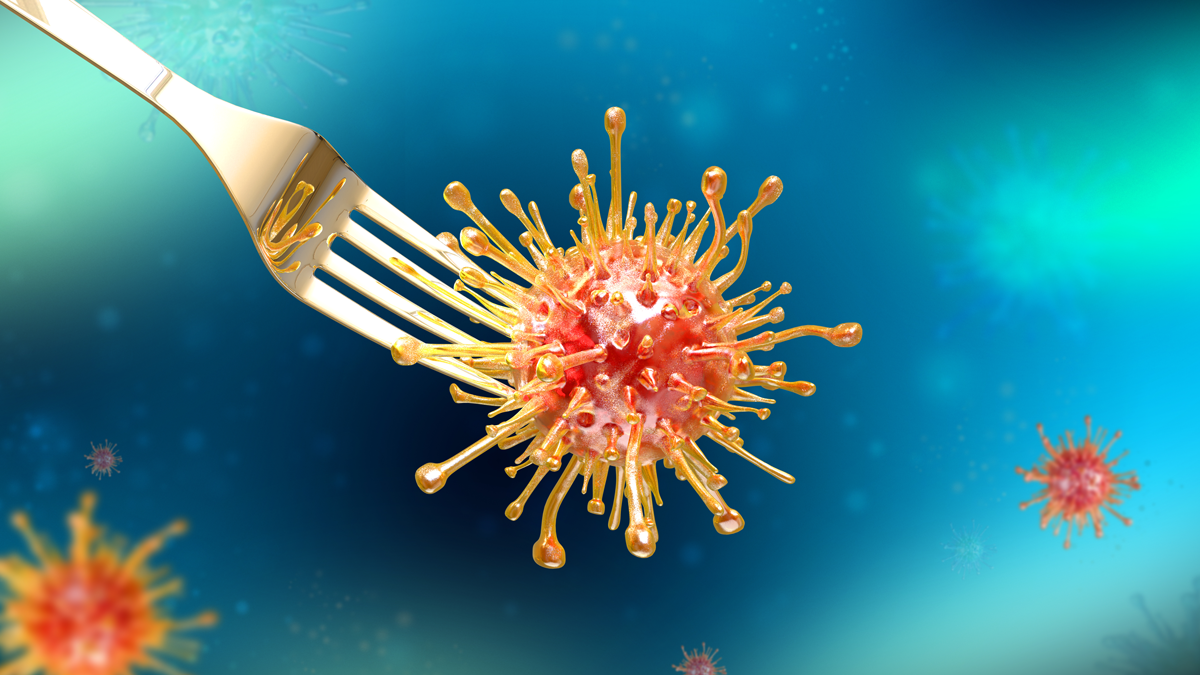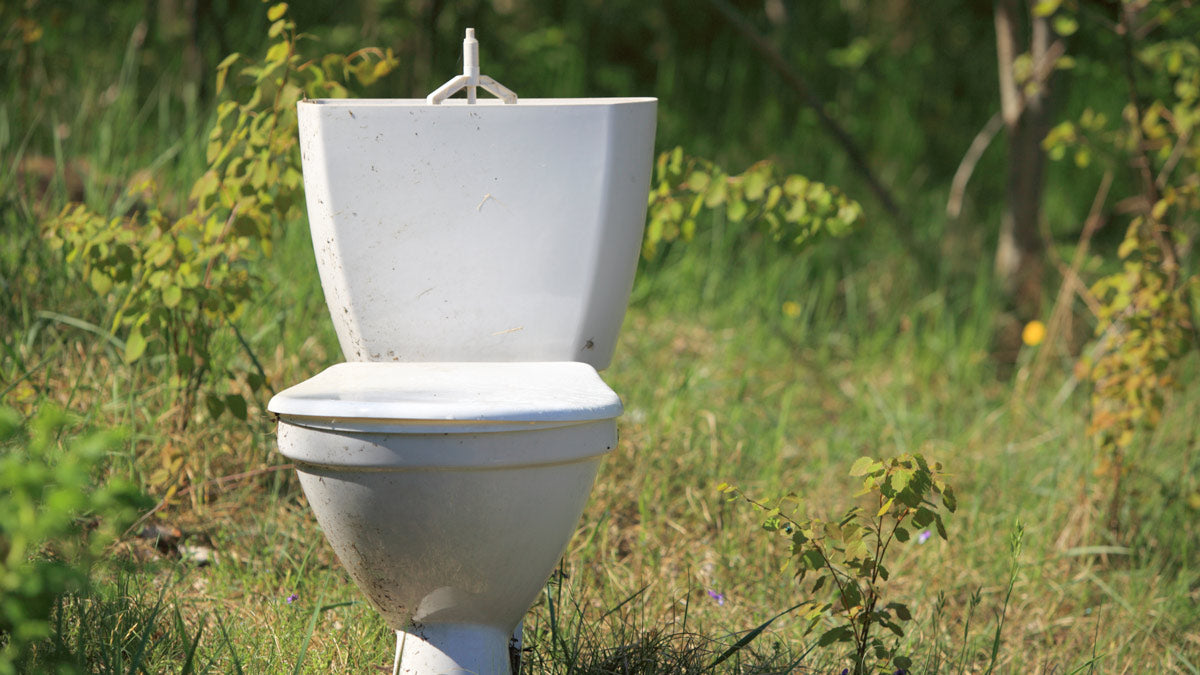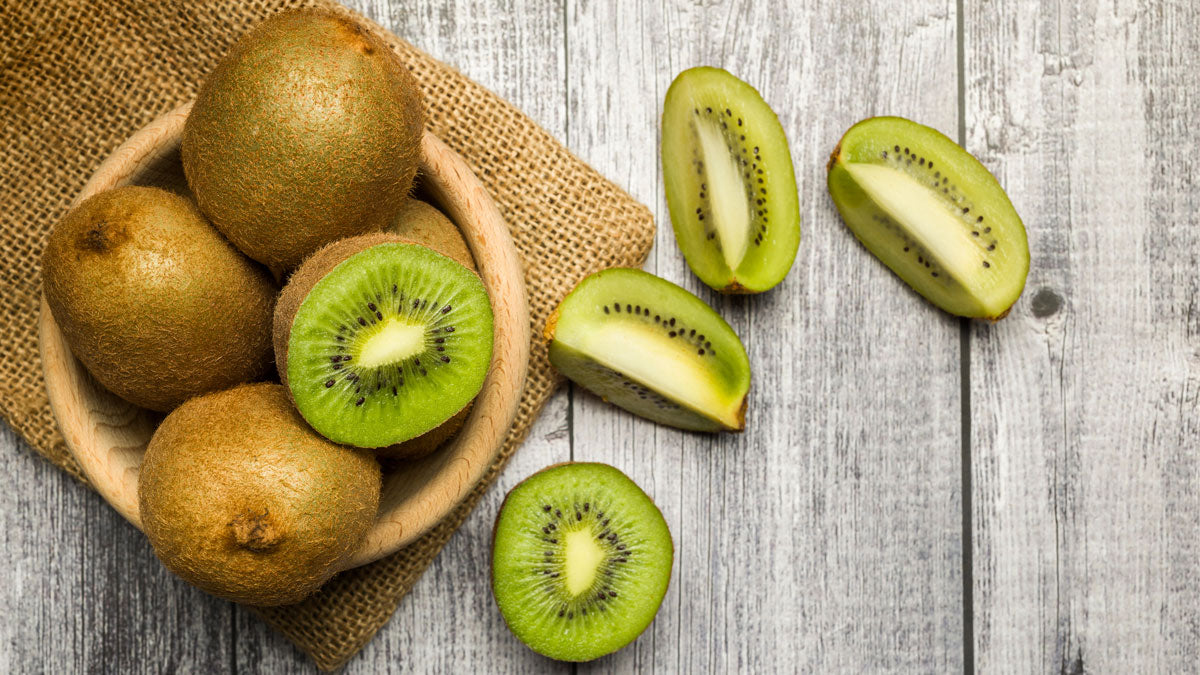IBS Central
Explore IBS: Manage, Live, Thrive.
Taking control of your IBS journey starts here! Our IBS Hub offers expert insights, practical tips for managing symptoms, and guidance on diet and lifestyle changes – all to help you live well with IBS.

Symptom Management Strategies
Welcome to our Symptom Management Strategies section! Here, you'll find a wealth of resources aimed at helping you effectively manage your IBS symptoms. Explore topics such as understanding common IBS symptoms, practical tips for identifying triggers, stress management techniques, and strategies for finding relief during flare-ups. We also provide guidance on various over-the-counter and prescription medications commonly used to alleviate symptoms, empowering you to take control of your IBS journey.
-
Understanding Your IBS:
-
Learn about the different types of IBS (diarrhea-predominant, constipation-predominant, mixed, and unspecified) and their associated symptoms, such as abdominal pain, bloating, gas, constipation, and diarrhea.
-
Gain insights into IBS's causes and potential triggers, including stress, dietary factors, and hormonal fluctuations.
-
Identifying and Avoiding Triggers:
-
Explore strategies for identifying potential dietary triggers specific to you.
-
Learn about common IBS triggers such as high-FODMAP foods, caffeine, alcohol, and artificial sweeteners.
-
Discover tips for managing stress and anxiety, which can exacerbate IBS symptoms.
-
Finding Relief During Flare-Ups:
-
Learn relaxation techniques like deep breathing and meditation to manage stress and reduce discomfort.
-
Explore over-the-counter medications like antidiarrheals or laxatives depending on your specific symptoms.
-
Understand the role of prescription medications like antispasmodics or antidepressants in severe cases.
Managing IBS symptoms involves a multi-pronged approach. By understanding your triggers, incorporating stress management techniques, and exploring symptom-relief strategies, you can take charge of your IBS and experience significant improvement in your quality of life. Remember, this section provides a foundation – consult your doctor to create a personalized IBS management plan.
Recommended Resources
IBS and Sexual Dysfunction: Realities, Recommendations, and Supplements

Andy De Santis
MPH, RD
How to Use Foodguides for People with IBS

Elyse Krawtz
MS, RDN, CSOWM, LD
Irritable Bowel Syndrome: How an RDN Can Help

Elyse Krawtz
MS, RDN, CSOWM, LD
Irritable Bowel Syndrome and Mental Health- What’s the Connection?

Ashlie Morrissey
DNP, AGNP-C
The Bristol Stool Chart: A Poop Ranking System

Andy De Santis
MPH, RD

Lifestyle Interventions for IBS
Step into our Lifestyle Interventions for IBS section! Here, we invite you to explore a range of lifestyle modifications designed to enhance your overall well-being while living with IBS. Discover the significance of regular exercise, effective techniques for managing stress and anxiety, and the impact of sleep hygiene on symptom management. Dive deeper into strategies for promoting gut health through mindfulness practices, relaxation exercises, and other lifestyle changes tailored to support your journey toward optimal health.
-
Exercise for Gut Health:
-
Learn about the benefits of regular exercise for managing IBS symptoms, including reducing stress, improving gut motility, and promoting overall well-being.
-
Discover safe and effective exercise options tailored to different fitness levels, like walking, swimming, or yoga.
-
Stress Management Techniques:
-
Explore the connection between stress and IBS flare-ups.
-
Learn relaxation techniques like deep breathing exercises, mindfulness meditation, and progressive muscle relaxation to manage stress and anxiety.
-
Discover the benefits of cognitive behavioral therapy (CBT) for addressing stress and negative thought patterns related to IBS.
-
Sleep and Your Gut:
-
Understand the impact of sleep quality on IBS symptoms.
-
Learn tips for improving sleep hygiene, such as establishing a regular sleep schedule, creating a relaxing bedtime routine, and optimizing your sleep environment.
-
Discover how good sleep hygiene can promote gut health and overall well-being.
Lifestyle changes play a crucial role in managing IBS. By incorporating regular exercise, stress management techniques, and prioritizing good sleep hygiene, you can significantly improve your gut health and experience a reduction in IBS symptoms. Remember, consistency is key – make these lifestyle changes sustainable habits for long-term benefits.
Recommended Resources
Optimizing Nutrition for Endurance Athletes: Preventing Runner’s Colitis

Kari Tallent
MA, RD
Nutrition Strategies for Athletes with Irritable Bowel Syndrome on Distance Adventures

Kari Tallent
MA, RD
IBS-Friendly Workdays: Conquer Deskbound Life with Health and Activity

Alexander Koch
PhD, CSCS
Seeking Professional Help: Couples Therapy for IBS Support

Deanna Salles-Freeman
Life & Health Coach
Navigating Love and IBS: How to Support Your Partner Through the Journey

Brooke Orr
MS, RD
Managing IBS on a Tight Budget: A Comprehensive Guide

Piedad Cardona
MD
Running with IBS: Navigating the Urgent Quest for a Bathroom

Kari Tallent
MA, RD
Circadian Rhythms, Melatonin, and IBS: A Sleep Connection

Alexander Koch
PhD, CSCS
Mind Over IBS: How Hypnosis Offers Lasting Relief for Irritable Bowel Syndrome

Alexander Koch
PhD, CSCS
Back to School Tips for Caregivers of Youth with IBS

Brooke Orr
MS, RD
IBS 101: Lifestyle Changes for IBS Management Part Two

Allison Koch
PhD, RDN
IBS 101: Lifestyle Changes for IBS Management-Part One

Allison Koch
PhD, RDN

Nutrition and Dietary Tips for IBS
Welcome to our Nutrition and Dietary Tips for IBS section! Here, you'll discover practical guidance to optimize your diet and nutrition in managing IBS symptoms. Dive into topics such as the Low FODMAP diet, recommendations for fiber intake, and valuable tips for navigating trigger foods. Explore meal planning strategies to support your digestive health and advice on staying hydrated for overall well-being. Uncover insights on probiotics, herbal supplements, and other dietary approaches that may relieve and enhance your IBS journey.
-
Exploring Dietary Approaches:
-
The Low FODMAP Diet: Learn about the Low FODMAP diet, a potential elimination diet that can help identify specific food triggers for some individuals. Explore the different phases of the Low FODMAP diet (elimination, reintroduction, and personalization) and gain insights into whether this approach might be right for you.
-
Considering Other Diets: Discuss other dietary approaches like the gluten-free diet or a plant-based diet with your doctor. Explore their potential benefits and limitations to see if they align with your needs and preferences.
-
Personalized Dietary Plan: Understand the importance of working with a registered dietitian to create a personalized dietary plan that addresses your specific IBS symptoms, dietary restrictions, and overall health goals. A dietitian can guide you through dietary adjustments and ensure you're meeting your nutritional needs.
-
Fiber – Friend or Foe?
-
Gain insights into the complex relationship between fiber and IBS symptoms. Learn about different types of fiber (soluble and insoluble) and their potential impact on your digestive system.
-
Explore strategies for gradually increasing your fiber intake if tolerated, focusing on soluble fiber sources like fruits, vegetables, and legumes.
-
Discover alternative ways to meet your fiber needs if you experience discomfort with traditional fiber sources. Consider psyllium husk or other fiber supplements under the guidance of your doctor.
-
Meal Planning for IBS Success:
-
Discover meal planning strategies that prioritize gut health and minimize IBS symptoms.
-
Learn tips for incorporating a variety of Low FODMAP options (if following this approach) and ensuring you're getting adequate nutrients.
-
Explore healthy snack options and strategies for portion control to prevent overeating, which can worsen symptoms.
-
Probiotics and Supplements:
-
Explore the potential benefits of probiotics for managing IBS symptoms.
-
Discuss the different strains of probiotics and their potential impact on gut health with your doctor.
-
Learn about other potential dietary supplements, such as peppermint oil or ginger, that may offer some relief, but emphasize the importance of consulting your doctor before starting any supplements.
Optimizing your diet and nutrition plays a significant role in managing IBS. By exploring different dietary approaches, identifying trigger foods, and working with a healthcare professional to create a personalized plan, you can make informed food choices that support your gut health and alleviate IBS symptoms. Remember, consistency is key. By following these tips and making sustainable dietary changes, you can experience a significant improvement in your IBS journey and overall well-being.
Recommended Resources
Plant-Based Options for Lower Fiber Requirements

Savannah Duffy
MS, RDN, LD
Tips for Choosing Probiotics for Gut Health and IBS

Emily Hamm
MS, RDN, CSO, LD
6 Breakfast Tips and 10 Low FODMAP Breakfasts for IBS

Elyse Krawtz
MS, RDN, CSOWM, LD
Fruits for Constipation Relief and Bowel Health

Emily Hamm
MS, RDN, CSO, LD










































